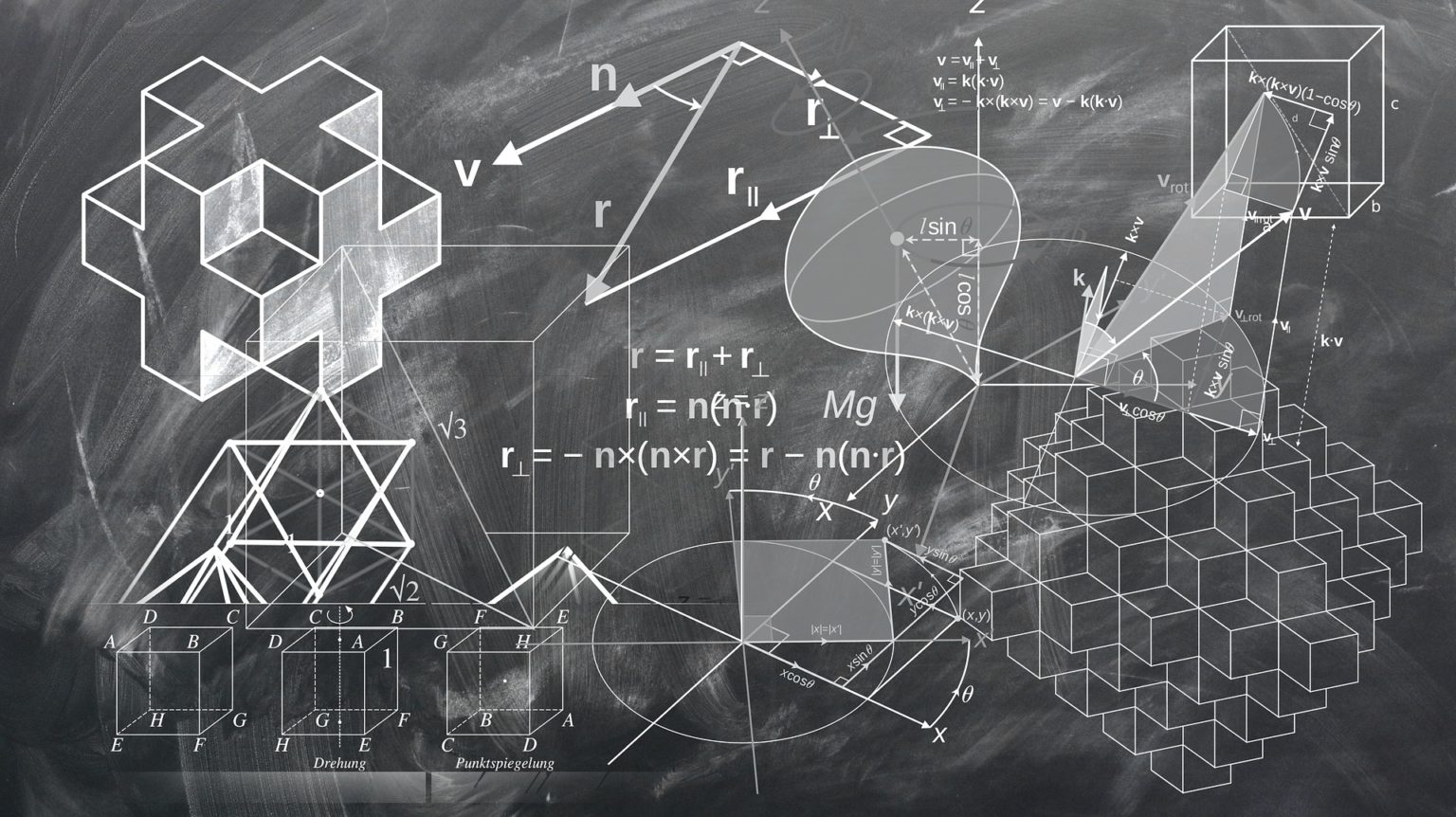Department of Mathematics
BSc in Mathematics
Three for regular and six for summer
Admission to regular undergraduate courses is based on the Ethiopian Higher Education Entrance Certificate Examination (EHEECE) scores, the student’s preference, and the capacity of Departments/Schools/Centers. The basic admission criterion for the regular program is successful completion of the common freshman courses, subject to academic performance assessment.
In order to qualify for graduation, a candidate should take courses/modules equivalent to 180-182 ECTS, a minimum CGPA and MGPA of 2.00 and no “F” grade in any one of the courses.
Program Details
A bachelor’s degree in mathematics allows students to learn the essential principles and concepts of modern mathematics in a rigorous and in-depth manner. This course is mostly intended for those who want to pursue doctoral studies in mathematics or graduate schools that lead to careers in academia or engineering. Graduates can also work in industries that require analytical skills, such as statistics, actuarial sciences, finance, biotech, and mathematics teaching. The major in mathematics focuses on This course is mostly intended for those who want to pursue doctoral studies in mathematics or graduate schools that lead to careers in academia or engineering. Graduates can also work in industries that require analytical skills, such as statistics, actuarial sciences, finance, biotech, and mathematics teaching.

Carrier Direction
- Conduct research in fundamental mathematics or in application of mathematical techniques to science, management, and other fields. Solve problems in various fields using mathematical methods.
- Address the relationships of quantities, magnitudes, and forms through the use of numbers and symbols.
- Disseminate research by writing reports, publishing papers, or presenting at professional conferences.
- Maintain knowledge in the field by reading professional journals, talking with other mathematicians, and attending professional conferences.
Jobs directly related to Mathematics degree include:
- Acoustic consultant
- Actuarial analyst
- Actuary
- Astronomer
- Chartered accountant
- Chartered certified accountant
- Data analyst
- Data scientist
- Investment analyst
- Research scientist (math)
- Secondary school teacher
- Software engineer
- Sound engineer
- Statistician
- Jobs where the degree would be useful include: CAD technician Civil Service fast streamer Financial manager Financial trader Game designer Insurance underwriter Machine learning engineer Meteorologist Operational researcher Private tutor Quantity surveyor Radiation protection practitioner Software tester
A mathematics degree develops skills in:
- Planning and carrying out observational and experimental studies data investigation, analysis, and interpretation, pattern discovery, and conclusion drawing
- Information technology approaches problems analytically and rigorously, developing theories and applying them to situations involving abstract notions.
- Presenting mathematical arguments and conclusions with precision and clarity advanced numeracy and data analysis logical thinking
- It will also improve other common abilities that all employers look for, such as: Communication abilities, time management, organizational abilities, and the capacity to work methodically and accurately decision-making abilities, self-management, teamwork, and the ability to operate independently
Mathematicians and statisticians are in demand across a range of sectors and employment opportunities are commonly found in:
- Education engineering finance, banking and accountancy firms government – local, central and agencies insurance companies IT,
- Business consultancy and operational research companies market research and marketing companies medicine and health – including private pharmaceutical companies and the NHS petroleum and nuclear industries publicly-funded research institutes space science and astronomy.
Courses
| Courses | Course Credit | Course ECTS |
|---|---|---|
| Fundamentals of College Mathematics | 4 | 7 |
| Fundamental Concepts of Algebra | 3 | 5 |
| Calculus I | 4 | 7 |
| Calculus II | 4 | 7 |
| Introduction to Combinatorics and Graph Theory | 3 | 5 |
| Linear Algebra I | 3 | 5 |
| Linear Algebra II | 3 | 5 |
| Fundamental Concepts of Geometry | 3 | 5 |
| Transformation Geometry | 3 | 5 |
| Numerical Analysis I | 3 | 5 |
| Linear Optimization | 3 | 5 |
| Calculus of Functions of Several Variables | 4 | 7 |
| Functions of Complex Variables | 4 | 7 |
| Ordinary Differential Equations | 3 | 5 |
| Partial Differential Equations | 3 | 5 |
| Modern Algebra I | 3 | 5 |
| Theory of Numbers | 3 | 5 |
| Advanced Calculus of Functions of One Variable | 4 | 7 |
| Mathematical Modeling | 3 | 5 |
| Project I | 1 | 2 |
| Project II | 2 | 3 |
| Logic and Set Theory | 3 | 5 |
| Modern Algebra II | 3 | 5 |
| Introduction to Algebraic Geometry | 3 | 5 |
| Introduction to Topology | 3 | 5 |
| Advanced Calculus of Several Variables | 3 | 5 |
| Introduction to Real Analysis | 3 | 5 |
| Introduction to Cryptography | 3 | 5 |
| Computational Number Theory | 3 | 5 |
| Graph Theory | 3 | 5 |
| Numerical Analysis II | 3 | 5 |
| Operations Research | 3 | 5 |
| Non linear Optimization | 3 | 5 |
| Numerical Analysis II | 3 | 5 |
| Fluid Mechanics | 3 | 5 |
| Nonlinear Optimization | 3 | 5 |
| Projective Geometry | 3 | 5 |
| Introduction to Differential Geometry | 3 | 5 |
| History and Philosophy of Mathematics | 3 | 5 |
| Introduction to Statistics | 3 | 5 |
| Introduction to Probability Theory | 3 | 5 |
| Introduction to Computer Science | 4 | 6 |
| Fundamentals of Programming | 4 | 7 |
| Fundamentals of Database Systems | 4 | 7 |
| Mechanics and Heat for Mathematics | 4 | 7 |
| Communicative English Skills | 3 | 5 |
| Basic Writing Skills | 3 | 5 |
| Civics and Ethics | 3 | 5 |
| Environmental Science | 3 | 5 |

